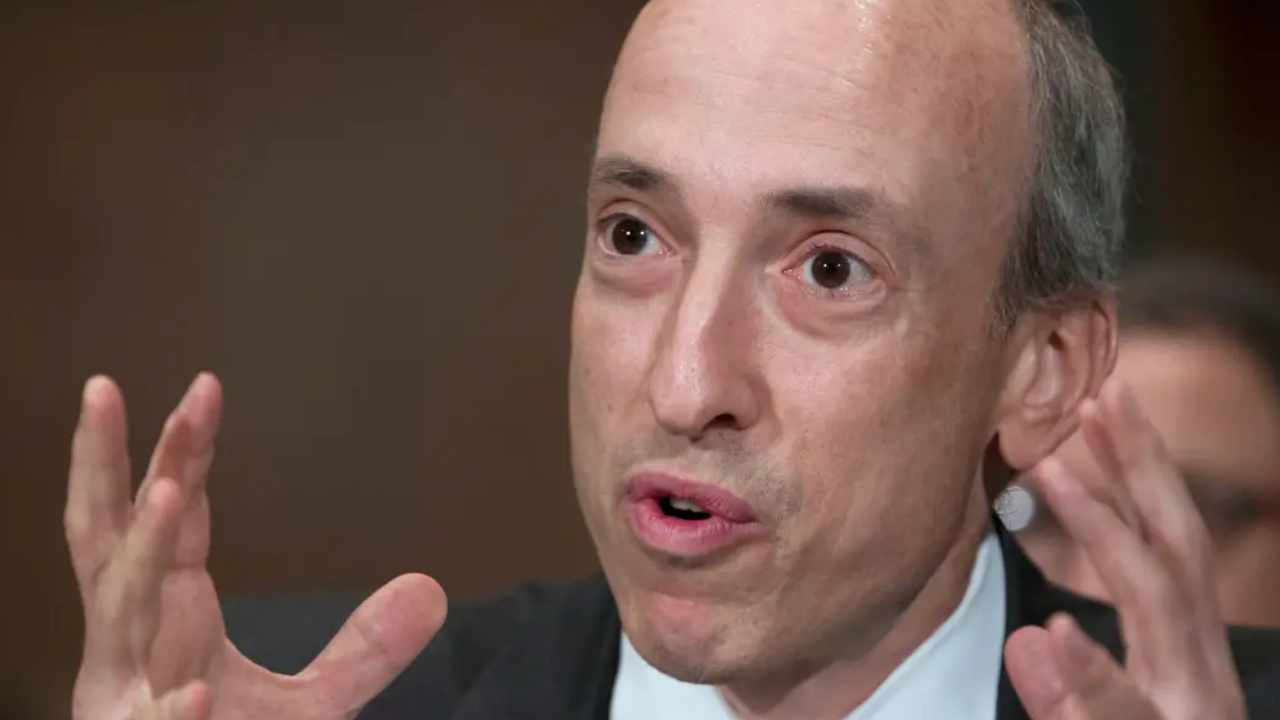
The Celsium failure continues to draw attention to the lending issues from regulators and community.
Due to Celsius Network’s withdrawal suspension in mid-June, the very topic of crypto lending made its entryway to the acute issues list for the regulators. Last week, lawmakers and officials continued to raise the question of necessary action, with significant utterance belonging to one of the key European crypto skeptics, Christine Lagard.
European Central Bank president got so impressed with the Celsius crisis that she coined the term "MiCa II," referring to the main regulatory package for crypto in the European Union. Lagarde believes the new MiCa should include separate crypto-asset staking and lending guidelines.
It’s not necessary to be a civil servant to discern the flaws of the current lending model, though. A hardcore Bitcoin (BTC) maximalist and Swan Bitcoin CEO Cory Klippsten is afraid that the liquidity crisis involving Celsius may be just the beginning of a broader collapse in the crypto lending space. “Their loan books are opaque. Their activities are opaque. You’re being way under-compensated for the risk,” he explained in an interview with Cointelegraph.
90% of Central Banks are researching the utility of CBDCs
If you pick any central bank in the world, there is a 90% probability that it has been researching or testing its own digital currency project for some time. At least, that is what the new annual economic report published by the Bank of International Settlements (BIS), says. However, the numbers are way more modest when it comes to currently functioning CBDCs — there are currently only three live retail digital currencies and 28 pilots.
Disclosures should be read, not just filed
The headline above, summed up in the words of Georgetown University law professor Christopher Brummer, could be read as a motto for last week’s hearing on digital asset regulation at the United States House of Representatives. Although it should have focused on gaps in the oversight and regulation of derivatives and underlying spot markets, the discussion ranged widely. Brummer pointed out that disclosure law assumes issuers have access to information consumers do not have, while blockchain is transparent but hard to understand.
SEC and CFTC will try to understand each other
U.S. Securities and Exchange Commission (SEC) chair Gary Gensler revealed his negotiations with his colleagues from Commodity Futures Trading Commission (CFTC). Two major regulatory bodies in the U.S. are working on a “memorandum of understanding” on the regulation of digital assets. “I’m talking about one rule book on the exchange that protects all trading regardless of the pair — [be it] a security token versus security token, security token versus commodity token, commodity token versus commodity token,” Gensler explained.











